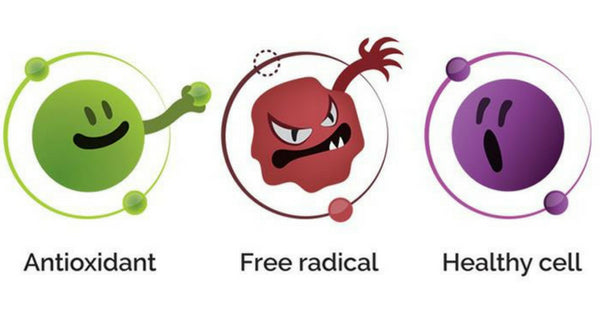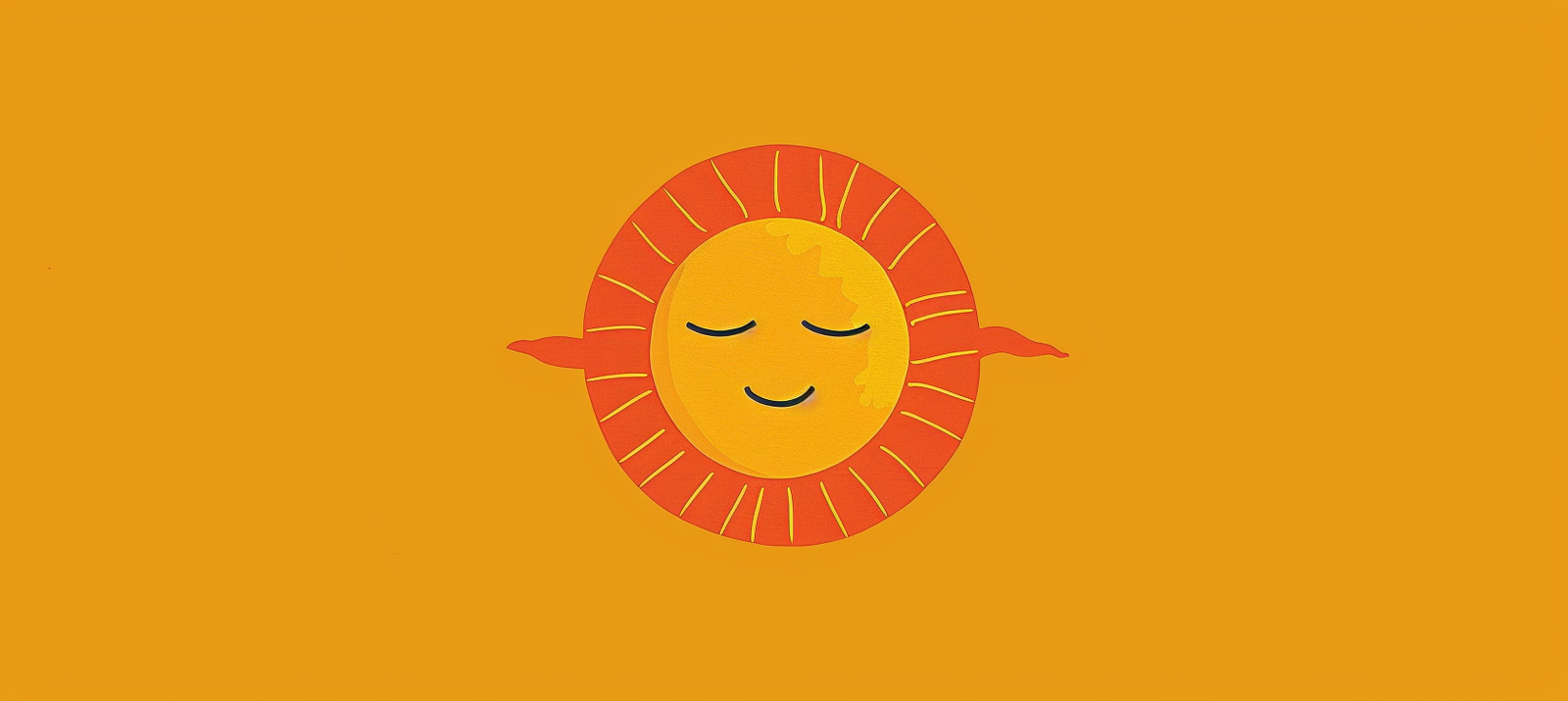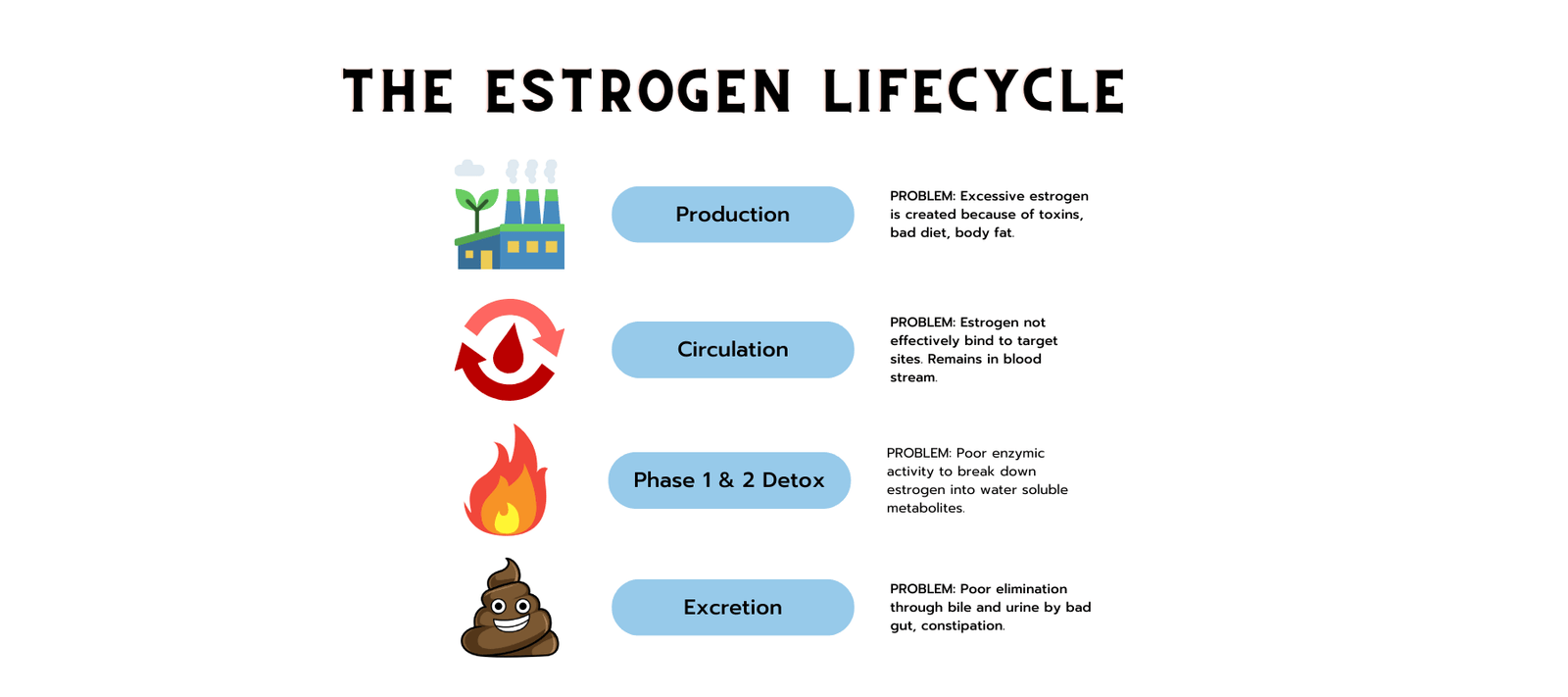Pterostilbene is powerful antioxidant compound found in grapes and blueberries. It is a neuroprotective supplement, taken to protect brain-cells from oxidative stress.
Table of Contents
- Quick overview of Pterostilbene
- What is Pterostilbene?
- Studies on neuroprotection
- How to take Pterostilbene
- Alternatives to Pterostilbene
1. Quick Overview of Pterostilbene
- Benefits:Primarily providing antioxidants to help protect our brains.
- Actions: Its antioxidant molecules fight free radicals, preventing cells from getting damaged by oxidative stress.
- Dietary sources: Grapes
- Who is it good for? People who don't get many antioxidants from eating fruit.
- Quality of studies: 350 publications on Pubmed. Less research than a very similar supplement Trans-Resveratrol.
- Recommended dose: 50mg - 200mg per day
- Alternatives:Trans-Resveratrol, Alpha Lipoic Acid
2. What is Pterostilbene?
Pterostilbene can be found in small amounts in foods such as grapes and blueberries.
Similar to Trans-Resveratrol, bio-hackers take Pterostbilene for its antioxidant properties. Antioxidants are neuroprotective because they fight "free radical" molecules that otherwise break down cells.

3. Studies on Neuroprotection
1. Pterostilbene mediates neuroprotection against oxidative toxicity via oestrogen receptor α signalling pathways. (Shandong University - 1)
2. Antioxidants help to protect brain tissue from degenerating due to oxidative stress. Brain tissue is more susceptible to oxidative stress due to its greater rate of oxygen consumption. (Auburn University - 2)
3. Pterostilbene was studied to reduce oxidative stress injury in brain-cells. (The Fourth Military Medical University - 3)
4. Pterosilbene was seen to have neuroinflammation qualities by reducing microglial nitric oxide production. (U.S. Department of Agriculture - 4)
5. "The antioxidant activity of pterostilbene has been implicated in anticarcinogenesis, modulation of neurological disease, anti-inflammation, attenuation of vascular disease, and amelioration of diabetes." (Columbia University - 5)
6. A randomized, double-blind, placebo-controlled clinical trial reveals pterostilbene reduces blood pressure in adults. (University of Mississippi - 6)
7. Animal studies show an improvement in cholesterol metabolism with low dose supplementation of pterostilbene. (Annamalai University - 7)
4. How to Take Pterostilbene
- Dosages: I'd recommend taking between 50mg - 200mg of Pterostilbene per day.
- Cycling: You don't need to cycle Pterostilbene on and off.
5. Alternatives to Consider
In the realm of antioxidants, there are 2 others that I'd consider:
- Trans-Resveratrol - Structurally very similar to Pterostilbene, with essentially the same antioxidant benefits.
- Alpha Lipoic Acid - An antioxidant also rich in vitamins C and E. Alpha Lipoic Acid is said to be a "wildcard" antioxidant capable of replacing other antioxidants that you lack in your diet.
References:
- Shandong University - https://www.ncbi.nlm.nih.gov/pubmed/25644078
- Auburn University - https://www.ncbi.nlm.nih.gov/pmc/articles/PMC4161050/
- The Fourth Military Medical University - https://www.ncbi.nlm.nih.gov/pubmed/27107941
- U.S. Department of Agriculture - https://www.ncbi.nlm.nih.gov/pubmed/23731018
- Columbia University - https://www.ncbi.nlm.nih.gov/pmc/articles/PMC3649683/
- University of Mississippi - https://www.sciencedaily.com/releases/2012/09/120920141008.htm
- Annamalai University - https://www.ncbi.nlm.nih.gov/pubmed/16616938





Leave a comment (all fields required)